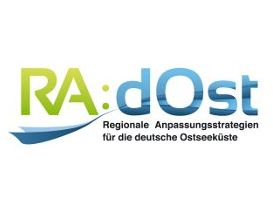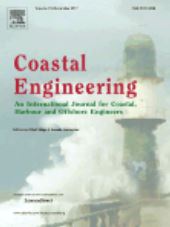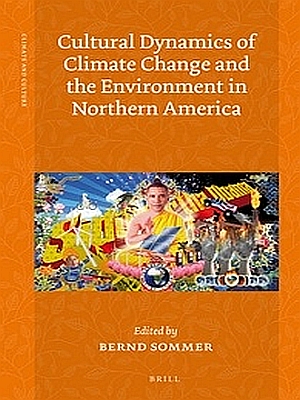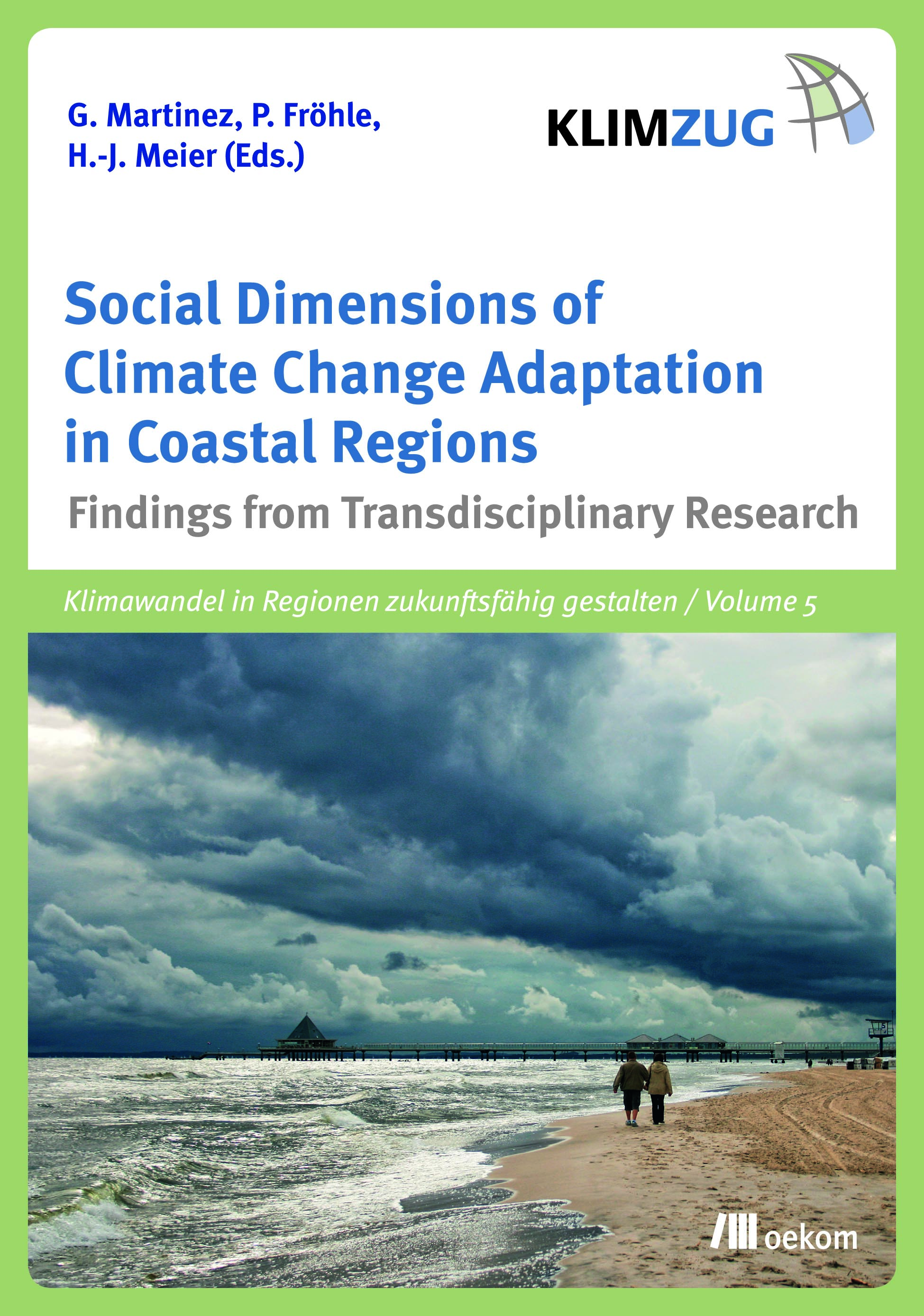Social Sciences and Humanities in Marine and Coastal Research
- Event
- Date
-
-
- Location
- Berlin, Germany
- Speaker
Marine science is often still understood narrowly as a specialization of the natural sciences, to the exclusion of social sciences and humanities. Yet contributions from social sciences and humanities in marine research are necessary to explain what happens in the ocean and on the coasts. In order to help broaden perspectives on marine research, Ecologic Institute hosted a Strategy Group meeting to take stock of social sciences and humanities in marine research, and explore research needs, theoretical frameworks, and methodological approaches.
From 3 to 4 December 2018, the Strategy Group Marine Social Sciences and Humanities of the German Marine Research Consortium met at Ecologic Institute to build on its future contributions to the marine research and policy arena. Constituted in 2017, the strategy group engages particularly at the science-policy interface with their members contributing expertise to formulate responses to current and emerging issues in the ocean, seas and at coasts. Understanding the impact of humans on the ocean, and of changes in the ocean on humans, requires analysis of maritime and land-based human activities, their cultural, economic and regulatory drivers as well as impacts on human communities and livelihoods on islands and coasts.
Dr. Grit Martinez, Senior Fellow at Ecologic Institute opened the meeting. In her welcoming, she highlighted the general need for both closer interdisciplinary collaborations on the one hand amongst the social sciences and humanities and on the other one with the natural science, engineering and life sciences. The coordinators of the Strategy Group Marine Social Sciences and Humanities, Prof. Dr. Silja Klepp (Christian-Albrechts University Kiel) and Prof. Dr. Achim Schlüter (Leibniz Centre for Tropical Marine Research Bremen) than lead the discussion amongst the members on a variety of strategic objectives related to the groups vision.
The discussion was followed by a keynote speech of R. Andreas Kraemer, Founder of Ecologic Institute and a Member of the Board of Directors of the Oceano Azul Foundation in Lisbon (Portugal), which operates the Oceanário de Lisbao ocean aquarium in Lisbon. His keynote focused on the maritime identity of Portugal, its history as a maritime nation with global reach, and its geography as a state with 40 times more marine area than land territory. After the peaceful "Carnation Revolution" of 1974, Portugal turned its back to the sea for a while to focus on its integration into the European Union. Now, Portugal is rediscovering its maritime history and identity, and charting an economic, diplomatic, and cultural future that connects to its maritime heritage and ensure the sustainable management and use of marine resources. This case of Portugal illustrates the importance of social science perspectives in marine research, and it triggered a lively discussion among participants.
After the presentation Dr. Emma McKinley, chair of the Marine Social Science Network of the U.K. joined the workshop for an audiovisual presentation and discussion. Launched in 2018 at the Society and the Sea conference, the network aims to facilitate knowledge exchange between diverse stakeholders and to establish an active community of interdisciplinary researchers, policy makers and practitioners from across the marine and coastal sector.
Over the course of the next day, members of the strategy group shared their current research results. Presentations covered a wide range of topics crucial for understanding social organization and actions of stakeholders on land and sea and their governance arrangements: Governing climate change adaptation, cultural, political and sociological adaptation capacities, multi-functionality of regional fish population, ecosystem based management, spatial planning and strategies as well as broadening perspectives on the oceans privatizations.
The next meeting will take place in 2019 in Bremerhaven at the Johann Heinrich von Thünen-Institut, a Federal Research Institute for Rural Areas, Forestry and Fisheries under the auspices of the German Ministry of Food and Agriculture (BMEL).







